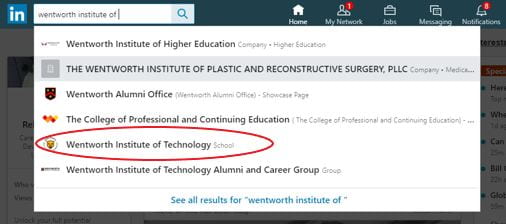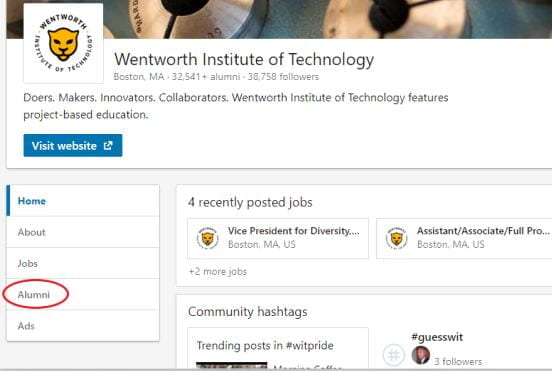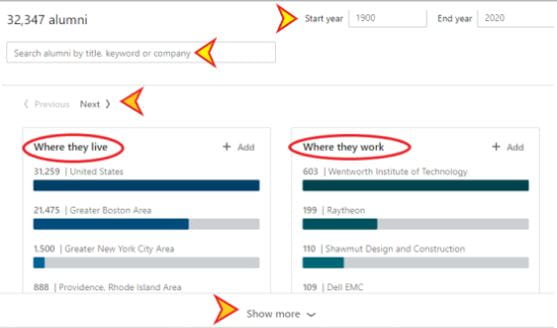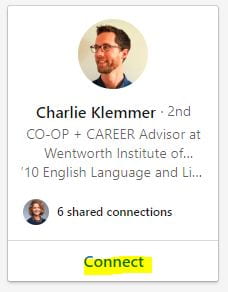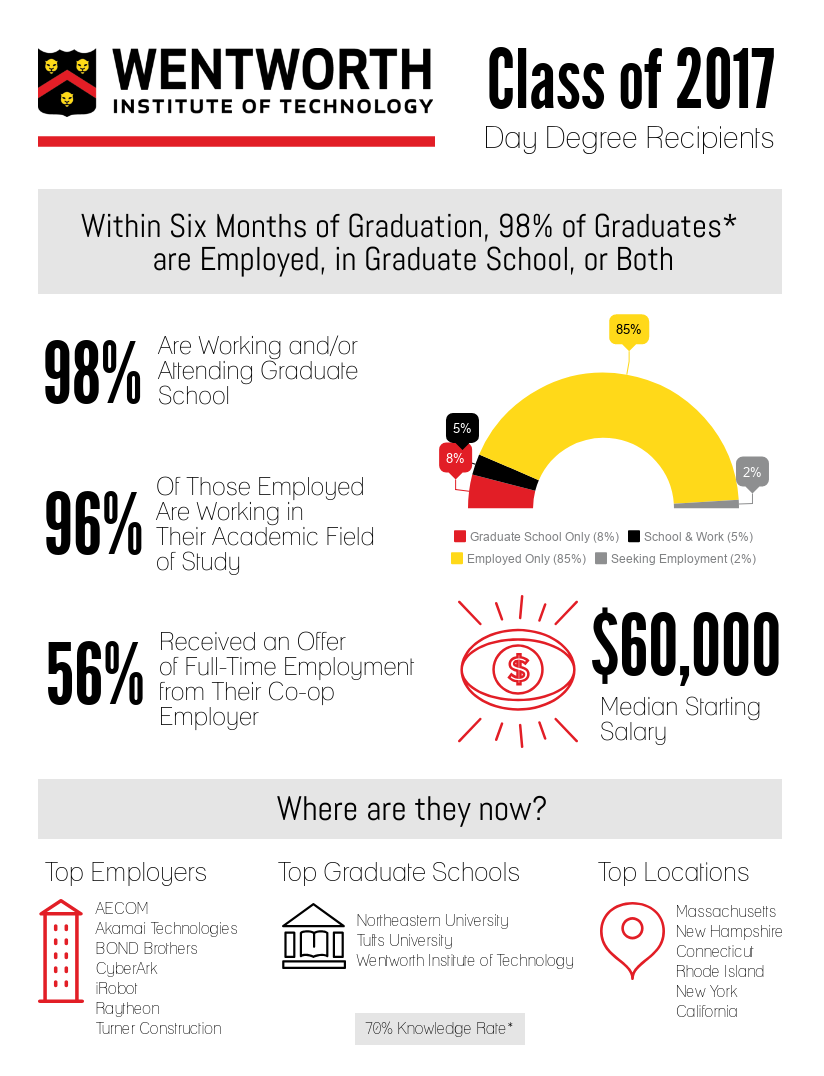The Real Truth About Adjusting to the Workplace from Recent Wentworth Alumni
By Ria Kalinowski
As part of the 2019 Summer Leopard Lunch & Learn Series, CO-OPS + CAREERS invited four young alumni to campus to give advice about adjusting to the workplace. Our moderator was Janel Juba, Co-op + Career Advisor. The alumni were as follows:
- Hayley Patton, 2016 Biomedical Engineering Graduate. Currently working at ZOLL Medical as a Design Quality Assurance Engineer and completed one co-op at the manufacturing center at ZOLL.
- Will Ma, 2018 Computer Information Systems Graduate. Works as an IT Service Desk Analyst at Criteo. Also, the CEO and co-founder of “STEAM Boston”. Completed co-ops at Dell/EMC, Brightcove, and EF Education First.
- Kasey Cordeiro, 2018 Electrical Engineering Graduate currently working at Starry. Completed two co-ops at Raytheon and worked full-time for them as well post-graduation.
- Alyssa Payette, 2016 Biomedical Engineering Graduate working as a clinical applications analyst at Mass General Hospital. Completed one co-op there as well.

Professional Relationships
The alumni shared advice about building professional relationships in the workplace. Two main points that came up were the importance of being confident, so people begin to trust you and figuring out what to share and what not to share:
Hayley: Make sure you have those little boundaries, don’t be too personal, but don’t also be a clam.
Alyssa: In the last 3 years, I got the opportunity to serve in a few different management roles, so I can actually speak to the other side of it as well. So initially kind of like what Hayley was saying, it was a little touch and go trying to find what to share and what not to share. Afraid of it being off putting, you kind of want to blend with the teams you are on. So, you definitely want to share to identify those things you have in common. It can be tricky when you’re worried about crossing lines.
Will: Some advice is to try not to be too personal. Make sure to not cross the line.
Another way that these alumni managed professional relationships, especially with their manager, was by speaking up and asking questions. Having open lines of communication with your manager is important so that your expectations align:
Kasey: Definitely speak up if something is not working for you or if something could work better. I find that a good manager will be open to that kind of feedback. They want your productivity to be as high as it can be and they want you to be comfortable in your work space.
Alyssa: And you have to remember that your managers are trying to accomplish the same goals as you so if you are struggling, my best piece of advice, which I have done, is to set up a meeting to discuss your professional relationship.
Hayley: I’m the type of person who asks a ton of questions…when I first started I was going to [my manager] at least 3 or 4 times a day asking where’s this, how do I do this? But he was super helpful. He also provides information on where to find information on the questions you have. So he also kind of pushes you to find it yourself.
Company Culture
These alumni gained a lot of knowledge about their company’s culture through research, the interview process, and observation:
Will: Basically the first week they can give you an understanding of how the culture is, so what kind of clothes they wear, is it really casual or more professional, is it a 9-5 culture or is it more like a work hard play hard type of culture – there are a lot of factors you can learn from that first week…and also the interview too, when you have an interview one of the questions you should ask is how is the company culture.
Kasey: I actually used WITworks, and on there [saw that] Starry goes to the Career Fair… so I looked at [WITworks] and it said something like company culture or in their dress code maybe and so I looked through those and saw it said very casual… and so I used those to play my interview strategy where I was sort of half business causal but more on the casual side… I think it helps the transition a lot. And then paying attention to how they acted in the interview, and how casual it was, and the way they interacted with each other, that was my strategy.
Alyssa: Like Will said, definitely in your interview ask about the culture, because sometimes you don’t meet with everybody when you go in for an interview… so definitely find out what the specific group you are working with has as far as culture, and then speak up, ask questions, pay attention to your surrounds when you go in for an interview.

Learning from Failures
Making mistakes are an inevitable part of adjusting to a new workplace. The alumni shared how they were able to overcome or learn from these experiences:
Hayley: So I do a lot of testing, and it has to be super attention to detail… one time I was testing one of our new AED products, and I had put in a code for the Wi-Fi, because our device communicates over the internet to the hospital… and it just so happened that the number I put in was [wrong]… you have to make sure that no matter how many times you’ve run through this or how many times you’ve done it, you have to treat it like your first time.
Will: So what I did was I basically wiped out a whole computer, and the employee wasn’t happy… we didn’t really do that much research, and so after the computer was wiped, I had to create a backup plan- how can I prevent this mistake from all the 20 other employees in the whole company from deleting someone’s files, so I made some documentation, and talked about some steps you can take to solve this bug on the computer, and actually a lot of employees are looking at this documentation to this day… overcoming failures makes you grow and turns you into a better employee and turns you into a better person.
To read more about adjusting to the workplace, click here.
As always, to make an appointment with your Co-op + Career Advisor call the front desk at 617.989.4101 or stop by the CO-OPS + CAREERS Office. And be sure to check back next week for Part 2 of Adjusting to the Workplace.
Summer 2019 Drop-In Hours: Wednesday and Thursday 2:00pm – 4:00pm while classes are in session.
